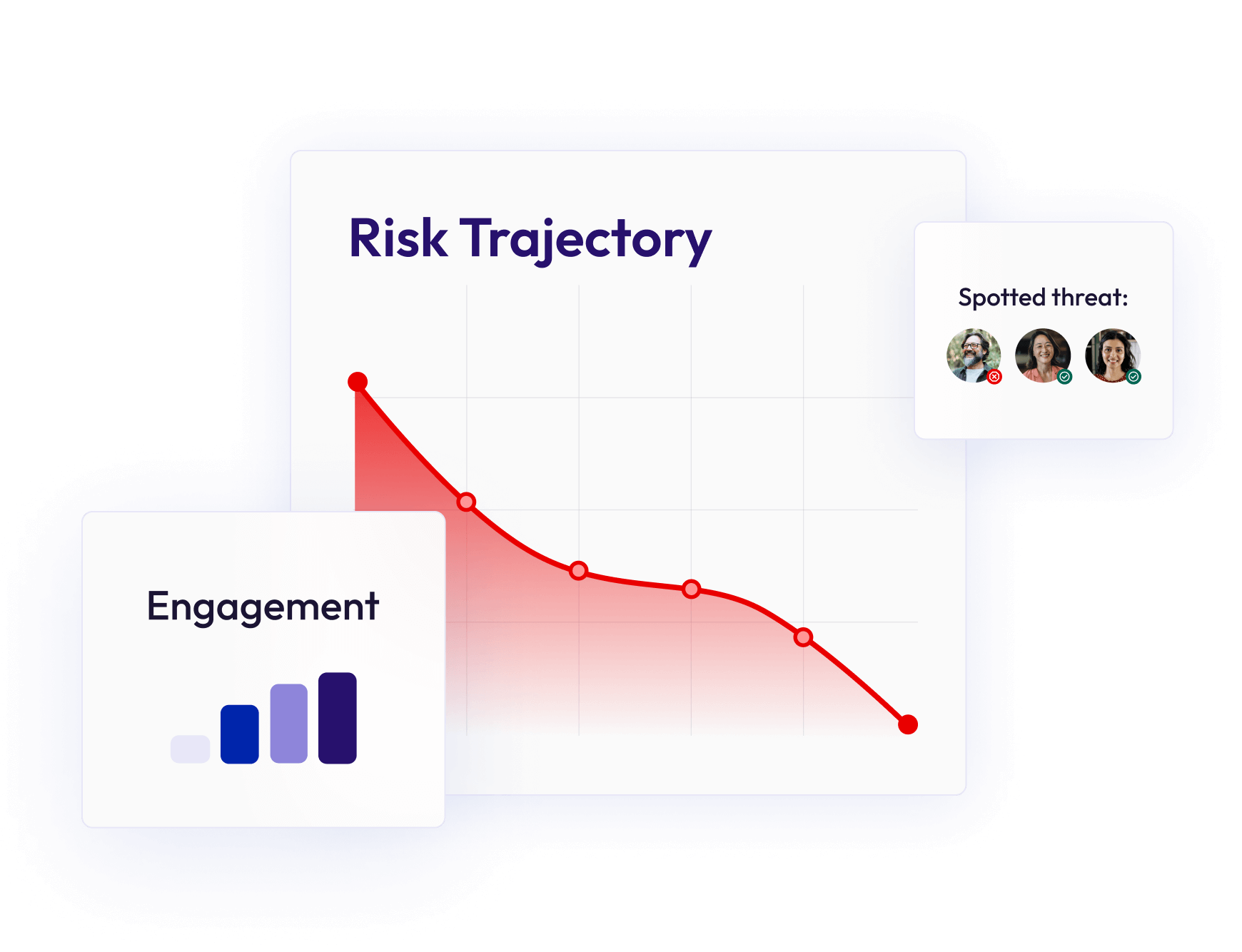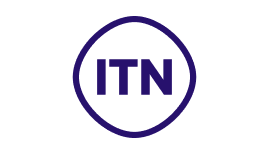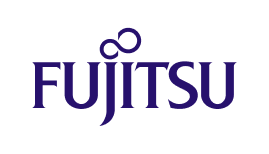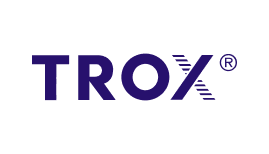Security Starts with Your People
Empowering Enterprises to Reduce Risk
Reduce human risk, maintain compliance, and keep your enterprise’s data and reputation safe.

Real Impact
The Benefits of Security Awareness Training in Enterprise
- Reduce risk by embedding secure behaviours across global teams
- Strengthen cyber resilience by closing knowledge gaps at every level
- Support compliance with audit- ready reporting and policy tracking
- Improve visibility of human risk across departments and regions
- Streamline onboarding with consistent, role-based cyber training

Reduce Risk, Protect Reputation
Tailored Security Awareness Solution for the Enterprise Sector
Our platform is built for large enterprises, delivering tailored, role-based training that fits diverse teams and locations.
It integrates with Microsoft Teams and works with your existing LMS, or ours, for easy rollout. Automated compliance tracking and detailed reporting give you clear insight into risk and engagement. Empower your workforce to spot and stop threats before they impact your business.


Awards And Recognition
Turn Awareness into Action
Secure Your Enterprise Today

























